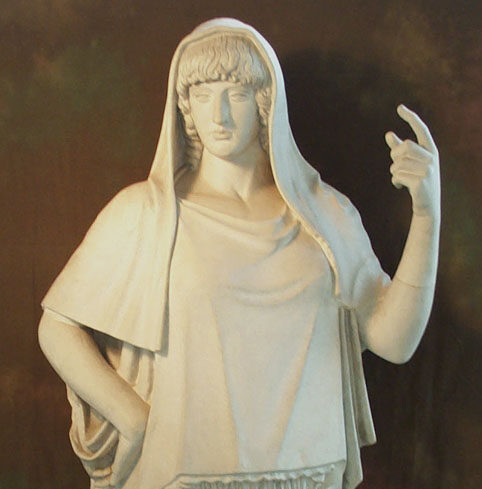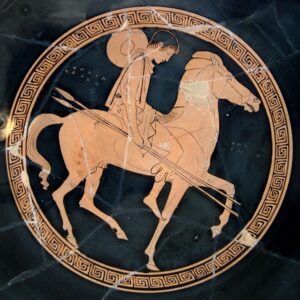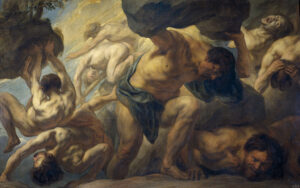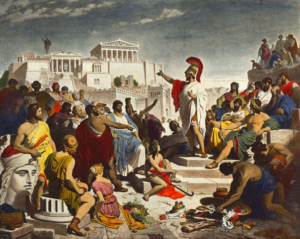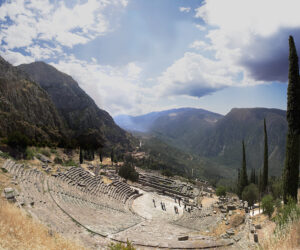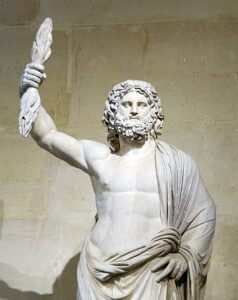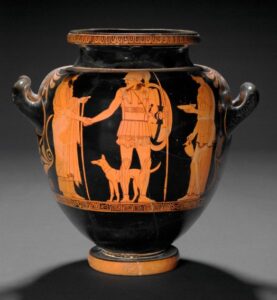Hestia was one of the twelve Olympian gods in ancient Greek mythology, and she was considered to be the goddess of the hearth, home, and family. She was often depicted as a gentle and nurturing goddess who represented the warm and comforting aspects of domestic life. In this article, we will study the importance of Hestia in ancient Greek mythology, culture and daily life.
Origins and Family of Hestia in Ancient Greece
She was the daughter of Cronus and Rhea, which were Titans from ancient Greek mythology. As stated above, she was one of the original twelve Olympian gods, and had several significant siblings, including: Zeus, Hera, Hades, Poseidon and Demeter. Furthermore, she was known for her gentle and nurturing nature, and she was considered to be one of the more kind goddesses in the pantheon of ancient Greek mythology.
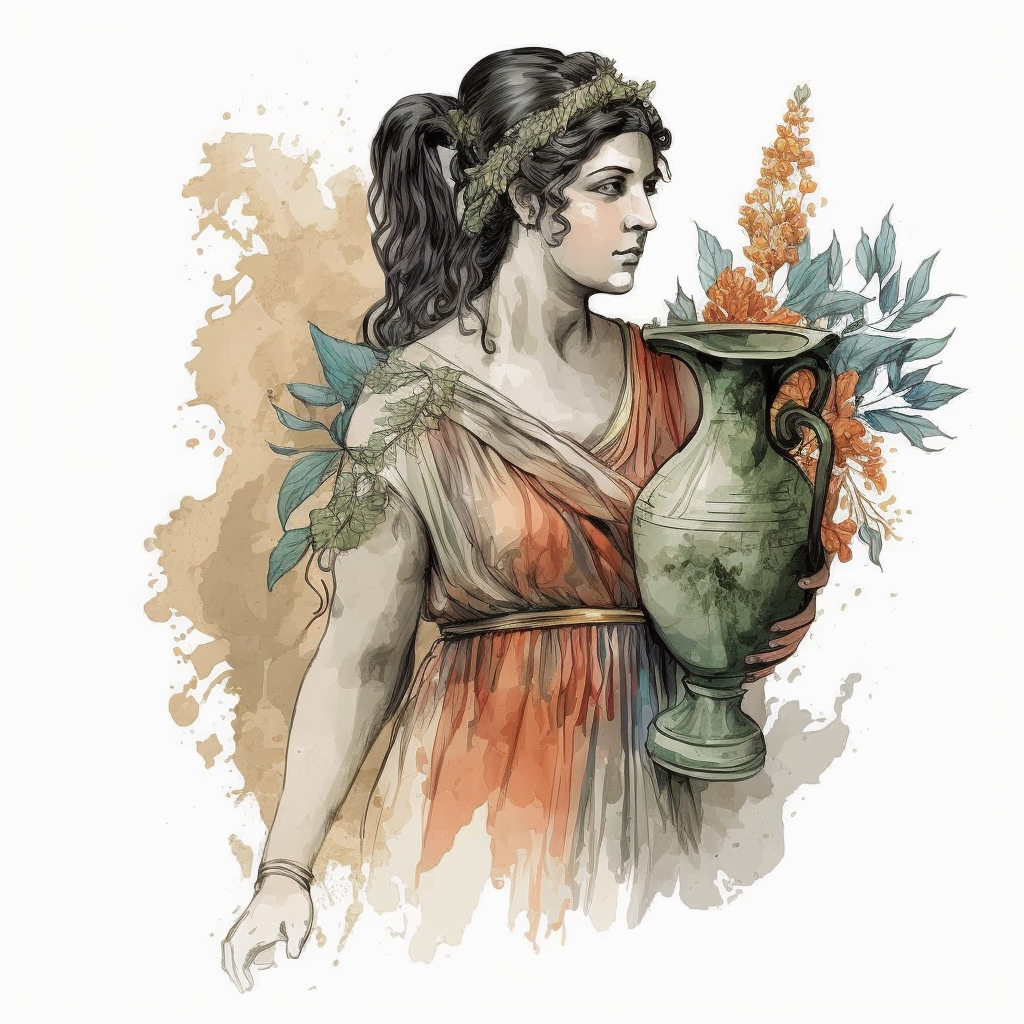
Role in Ancient Greek Mythology
Hestia was known for her role as the goddess of the hearth, home, and family, and she was often depicted as a gentle and nurturing figure. She was also associated with warmth and comfort, and was considered to be the patron of the sacred fire that burned in every Greek home. Despite her gentle and nurturing nature, Hestia was also considered to be a powerful goddess who could influence the health and well-being of her worshippers.
Hestia played a significant role in the myths and legends of ancient Greece. She was often depicted as a quiet and unassuming goddess. However, she was also considered to be a powerful figure who could influence the lives of mortals, and she was often sought after for protection and guidance.
Ancient Greek mythology is centered on the stories and myths of the different gods and goddesses of ancient Greek religion. One of the most significant stories involving Hestia is her decision to not marry. She swore to remain a unwed, and thus, she was honored as the goddess of the hearth, the symbol of domestic life, and the guardian of the home.
Worship in Ancient Greece
Hestia was also associated with the sacred fire that was kept burning in her temple, and it was believed that this fire was a symbol of the continuity of life and the protection of the home.
She was not as popular or well-known as other Olympian gods and goddesses, but she was still an important figure in ancient Greek religion and culture. She was honored in many household rituals and was considered to be the goddess of the family and the home.
Significance Of Hestia in Ancient Greece
Despite her quiet and unassuming nature, Hestia remains an important figure in ancient Greek mythology, and her legacy can be seen in many aspects of modern Western culture. From literature and art to pop culture and entertainment, the image of Hestia as the goddess of the hearth and home continues to be an enduring symbol of comfort and warmth.

